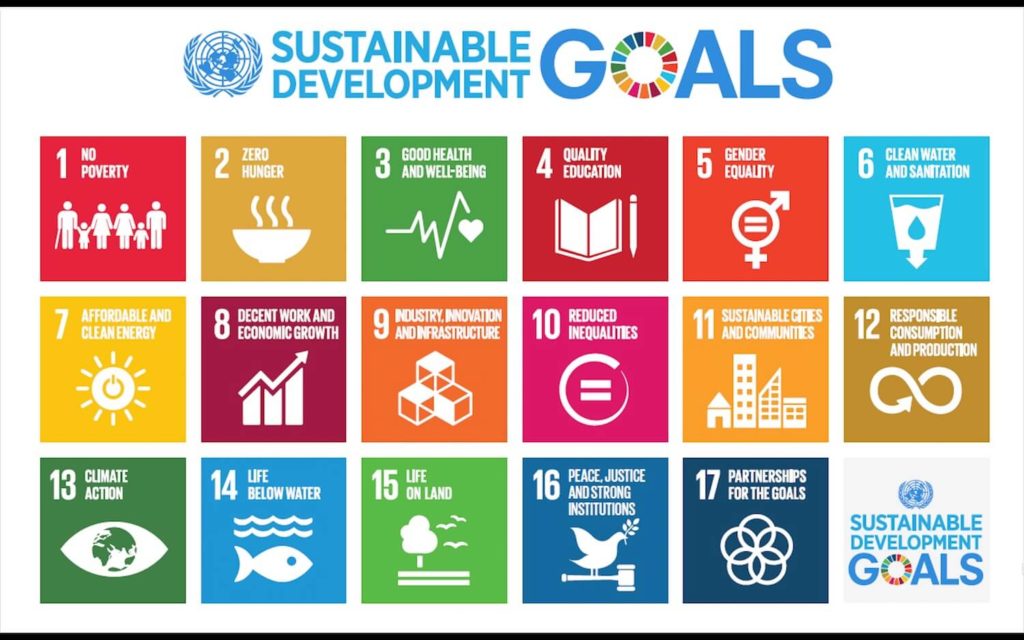Bangladesh is a country with the seventh largest population in the world. The country is densely populated and largely dependent on fossil fuels. The urban population is estimated to be 62 million (about 37% of total population) by 2018. Out of the total urban populations of Bangladesh 40% live in slum areas with miserable/unhygienic conditions. Due to lack of planned growth, unorganized urbanization has come up with many serious problems including large and fast growing slum areas lacking basic services (especially lack of access to proper sanitation, safe drinking water and clean energy) and municipal solid waste (MSW) are being generated at a faster pace, posing a serious management and environmental threat. Waste management is a challenging task as population is increasing and type of waste is changing. Waste management practice needs concern not only for its generation increasing but also for its inadequate practice. Waste generation is affected by socio-economic factors, demography, seasonal factors, lack of awareness and weak management practice. Moreover, over half the population does not have access to electricity, and those who are grid connected often experience highly irregular service. Residents of rural communities use unsustainable and unhealthy indoor stoves for cooking. Compounding these problems is the lack of availability of safe drinking water, since thousands of tube wells expose millions to dangerously high levels of arsenic.
Understanding the root causes of the problems of these urban and rural areas is crucial for addressing those problems and to improve their livelihood. System thinking and holistic approach can change the problems into opportunities. Exploring the symbiotic relation between waste management, sanitation, water, energy, environment and health is vital when designing technical systems so as to address the multiple problems of these urban and rural areas of developing regions.
Welcome to a lunch seminar hosted by SLU Global!
If you want you can bring your own lunch. There are possibilities for warming your food in the lunch room close to the seminar room.
No registration needed – just show up!
More information here.
